Wightlink’s oyster nurseries are already proving a haven for marine wildlife after a rare eel was discovered.
Experts from the Blue Marine Foundation (BLUE) found a critically endangered European eel (Anguilla anguilla) at Wightlink’s Lymington ferry port while inspecting the site.
Nurseries containing hundreds of oysters have been placed in the Lymington River as part of BLUE’s initiative to re-introduce the shellfish to the Solent and eventually re-establish self-sustaining populations. These mature ‘broodstock’ oysters will release millions of larvae into the water.
Wightlink’s Chief Executive Keith Greenfield said:
“This is great news.These oysters are already improving water quality by removing pollutants, just one of them can filter up to 200 litres of water a day. We are delighted to hear this endangered eel has already been spotted and hope our nursery will continue to be a refuge for rare species.”
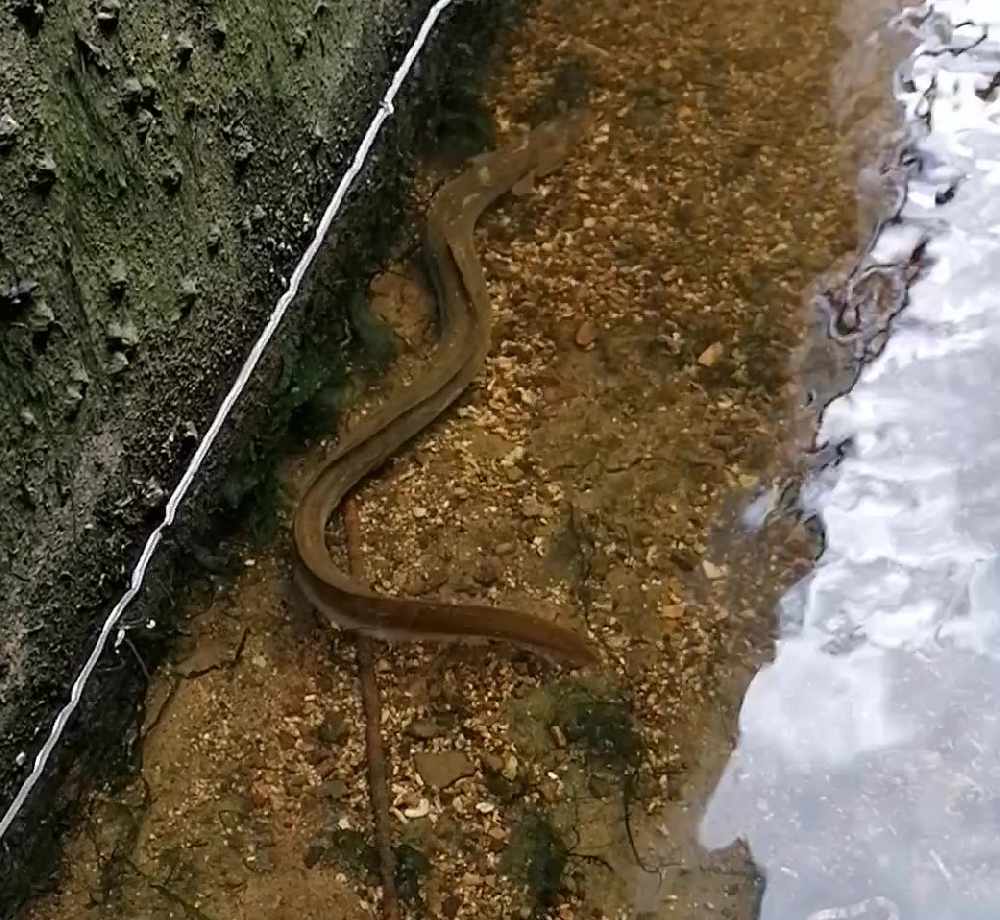
European eels begin life as eggs at the bottom of the Sargasso Sea in the North Atlantic, then spend a year or two migrating with the ocean current 4,000 miles to Europe, where they seek out freshwater habitats.
When mature, the eels return to their birthplace to spawn. Historically, they were caught in the River Thames and enjoyed in eel pies and as jellied eels but their numbers have declined in recent years. This could be due to over fishing, coastal development or pesticides.
Dr Luke Helmer from BLUE said:
“This was an exciting discovery and adds to our knowledge of the eel population in our estuaries. We have also found them in the River Itchen and Chichester Harbour, which could mean that these areas are important migratory routes or that the eels reside here for longer periods. We need to know more about this intriguing species and are keen to carry out research into the eel’s complex lifecycle.”

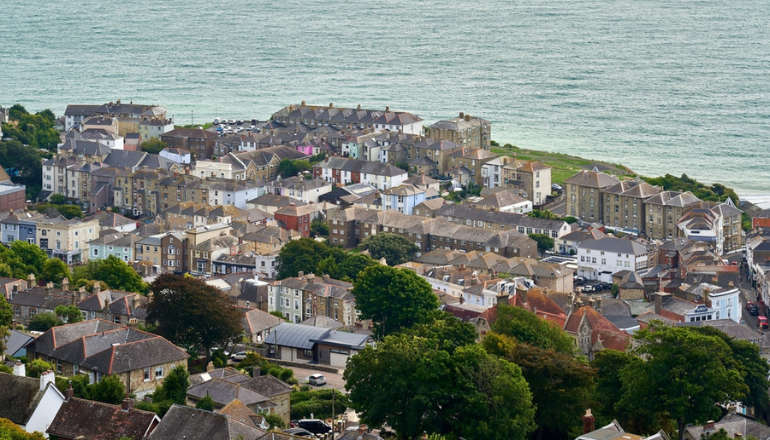 Councillor Coy On Isle Of Wight Social Housing
Councillor Coy On Isle Of Wight Social Housing
 Warning For Islanders Selling Vehicles To Be 'Scam Aware'
Warning For Islanders Selling Vehicles To Be 'Scam Aware'
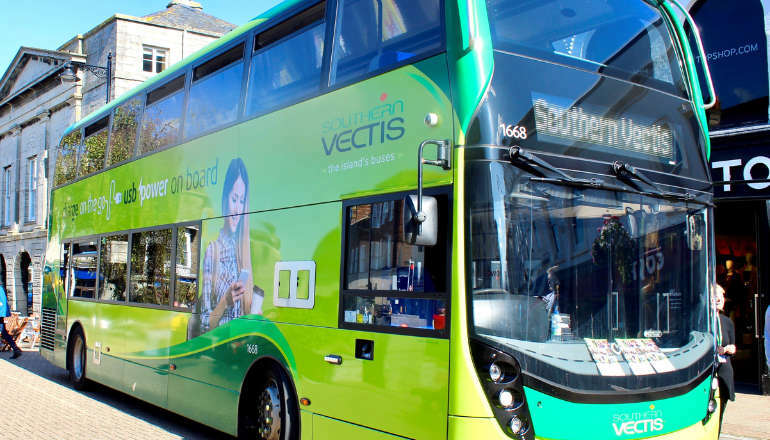 Bus Fares Set To Rise Following Council Meeting
Bus Fares Set To Rise Following Council Meeting
 Small Business Support Proposal Passed By Isle Of Wight Council
Small Business Support Proposal Passed By Isle Of Wight Council
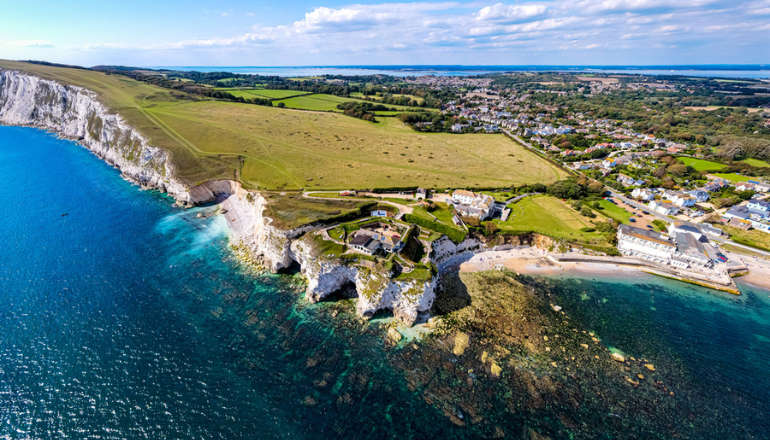 Five-Year Isle Of Wight Area Of Outstanding Natural Beauty Plan Unanimously Approved
Five-Year Isle Of Wight Area Of Outstanding Natural Beauty Plan Unanimously Approved
 More Islanders Cross The Solent With Wightlink’s Discounted Fares For NHS Appointments
More Islanders Cross The Solent With Wightlink’s Discounted Fares For NHS Appointments
 Hampshire And Isle Of Wight Air Ambulance Funds Defibrillators For The Community
Hampshire And Isle Of Wight Air Ambulance Funds Defibrillators For The Community
 Isle Of Wight Council Budget Pressures Likely To Continue Following Autumn Statement
Isle Of Wight Council Budget Pressures Likely To Continue Following Autumn Statement
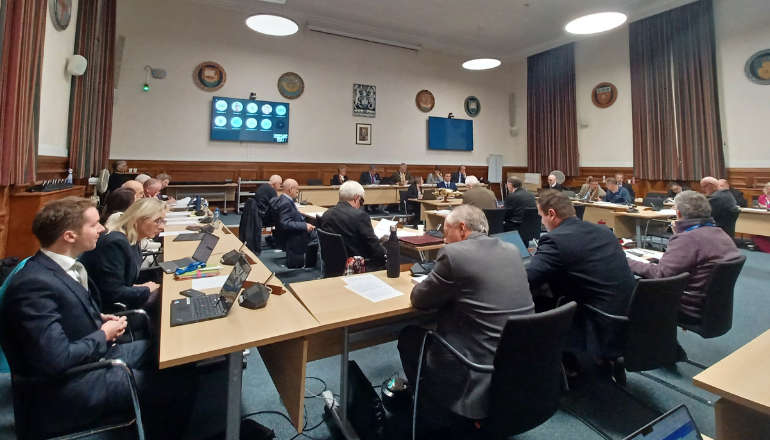 Council Approves Support Package To Help Islanders On Low Incomes
Council Approves Support Package To Help Islanders On Low Incomes
 Isle Of Wight Councillor In Mental Health Priority Motion
Isle Of Wight Councillor In Mental Health Priority Motion
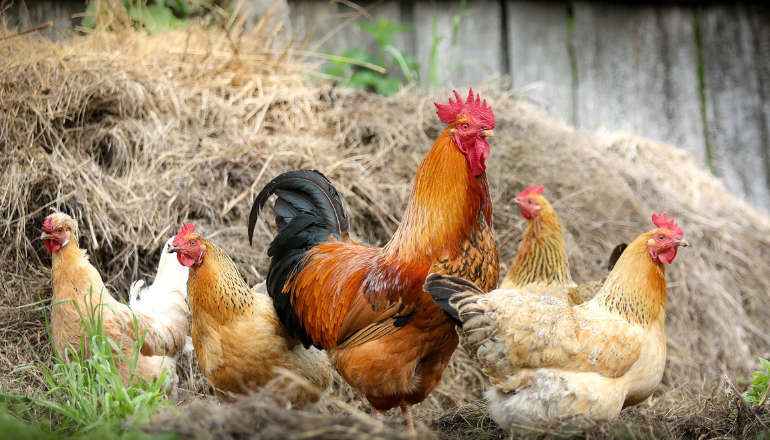 Bird Keepers Urged To Remain Vigilant Following Increased Avian Influenza Risk
Bird Keepers Urged To Remain Vigilant Following Increased Avian Influenza Risk
 Island Pupils Receive Lesson In Road Safety That Could Save Lives
Island Pupils Receive Lesson In Road Safety That Could Save Lives
 New Shanklin Flats Given Green Light
New Shanklin Flats Given Green Light
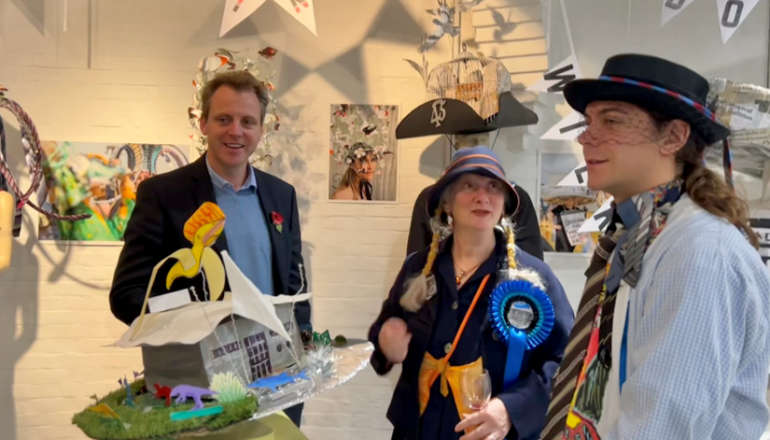 Joe Robertson Appointed Parliamentary Private Secretary For Shadow Culture, Media And Sport
Joe Robertson Appointed Parliamentary Private Secretary For Shadow Culture, Media And Sport
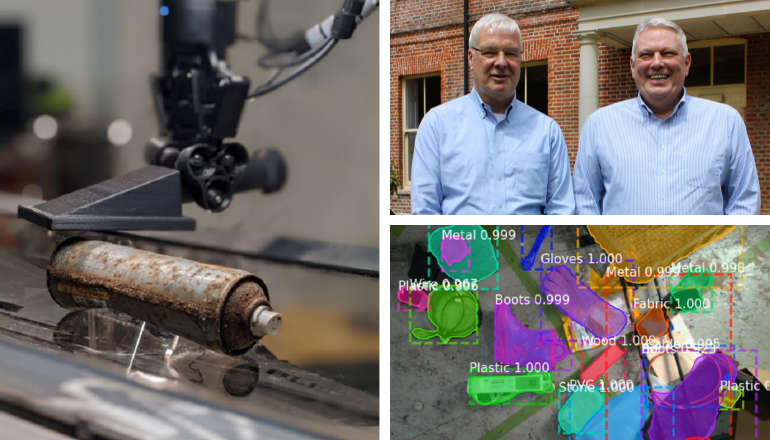 Shanklin Company Making Nuclear Waste Sorting Safer, Greener And Cheaper
Shanklin Company Making Nuclear Waste Sorting Safer, Greener And Cheaper
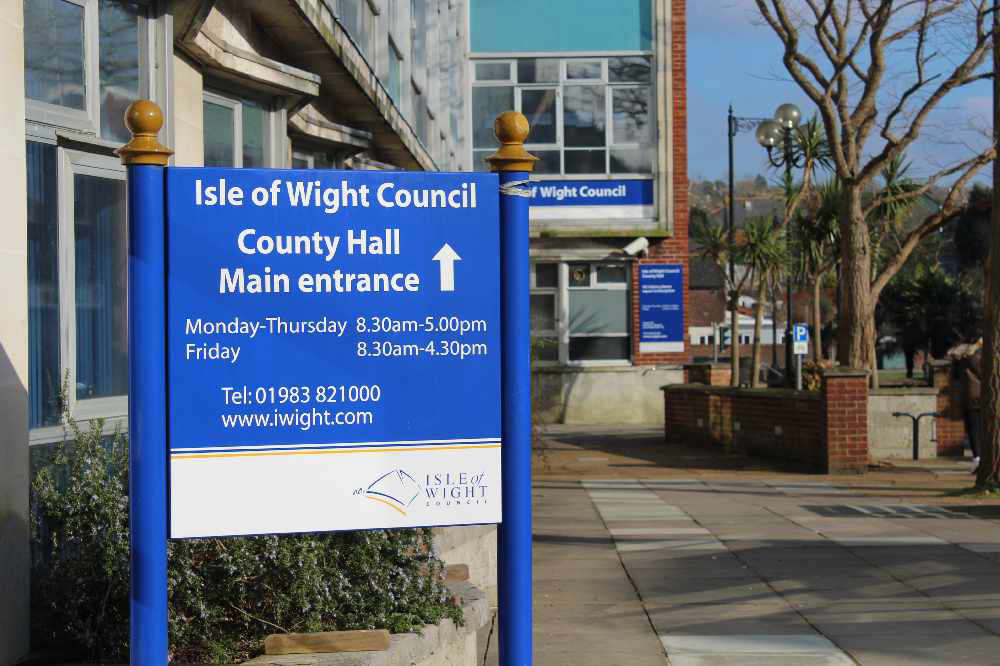 Five-Year Isle Of Wight Landscape Plan Decision On Horizon
Five-Year Isle Of Wight Landscape Plan Decision On Horizon
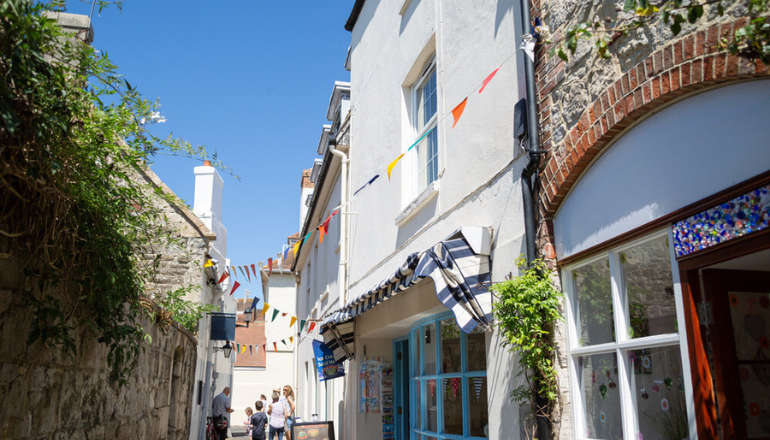 Help Sought For Isle Of Wight's Struggling Small Businesses
Help Sought For Isle Of Wight's Struggling Small Businesses
 Primary School Admissions For September 2025 Now Open
Primary School Admissions For September 2025 Now Open
 Island Families Invited To Take Tour Of St Mary's Special Care Baby Unit
Island Families Invited To Take Tour Of St Mary's Special Care Baby Unit
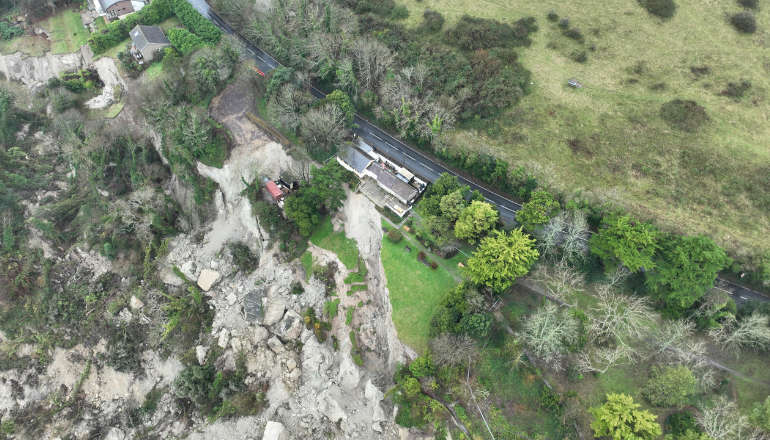 Work To Sink Three Boreholes At Leeson Road Due To Finish This Week
Work To Sink Three Boreholes At Leeson Road Due To Finish This Week


